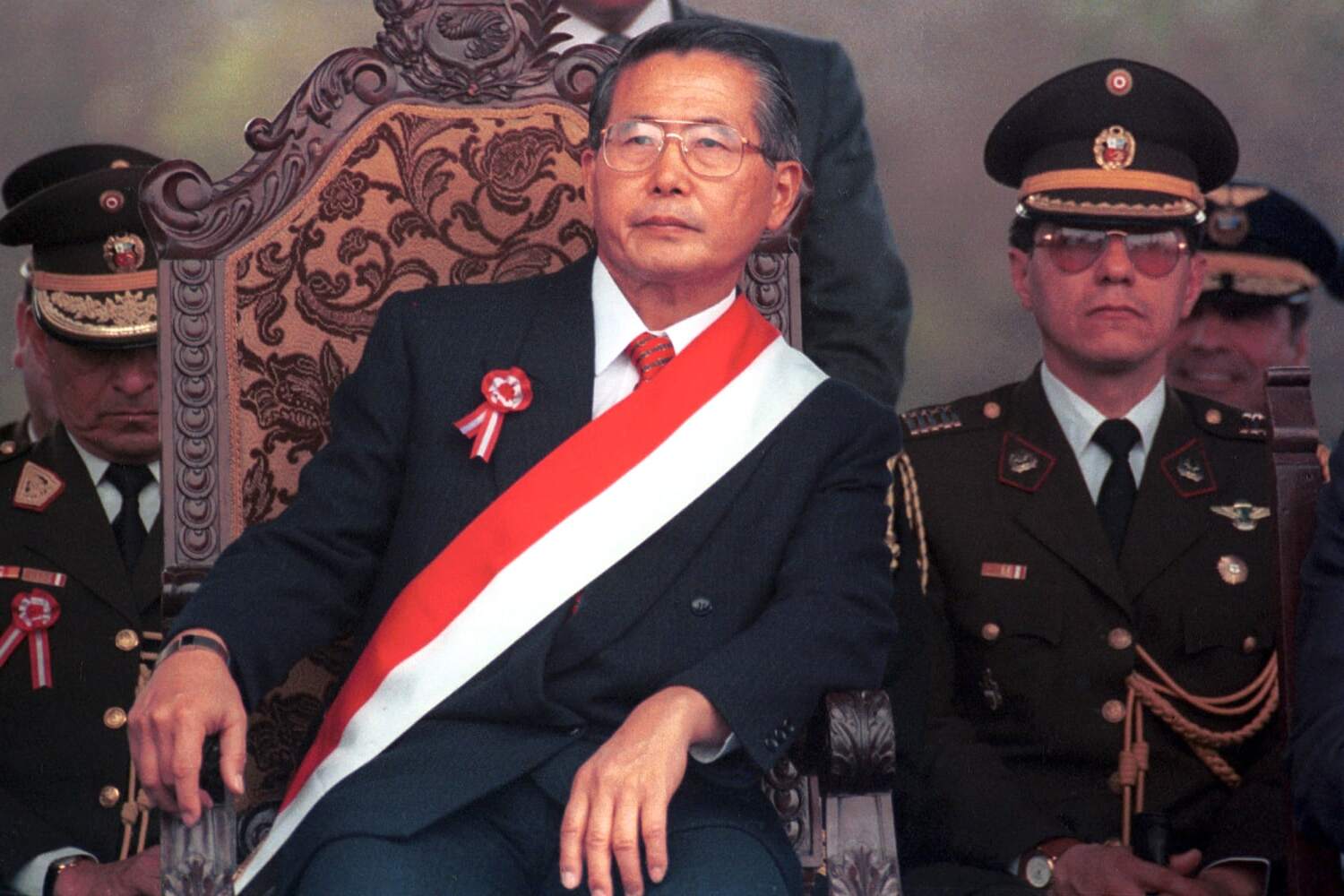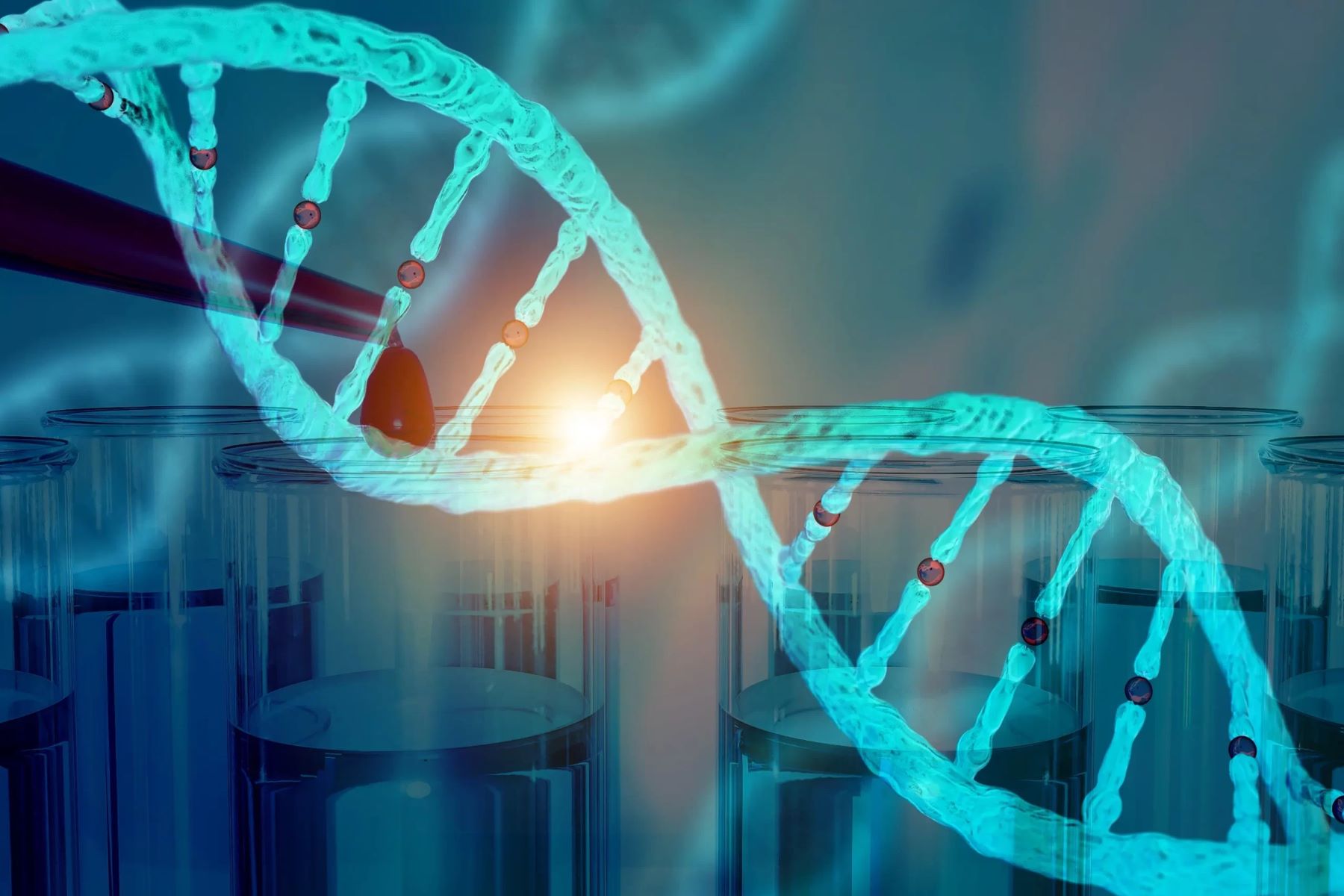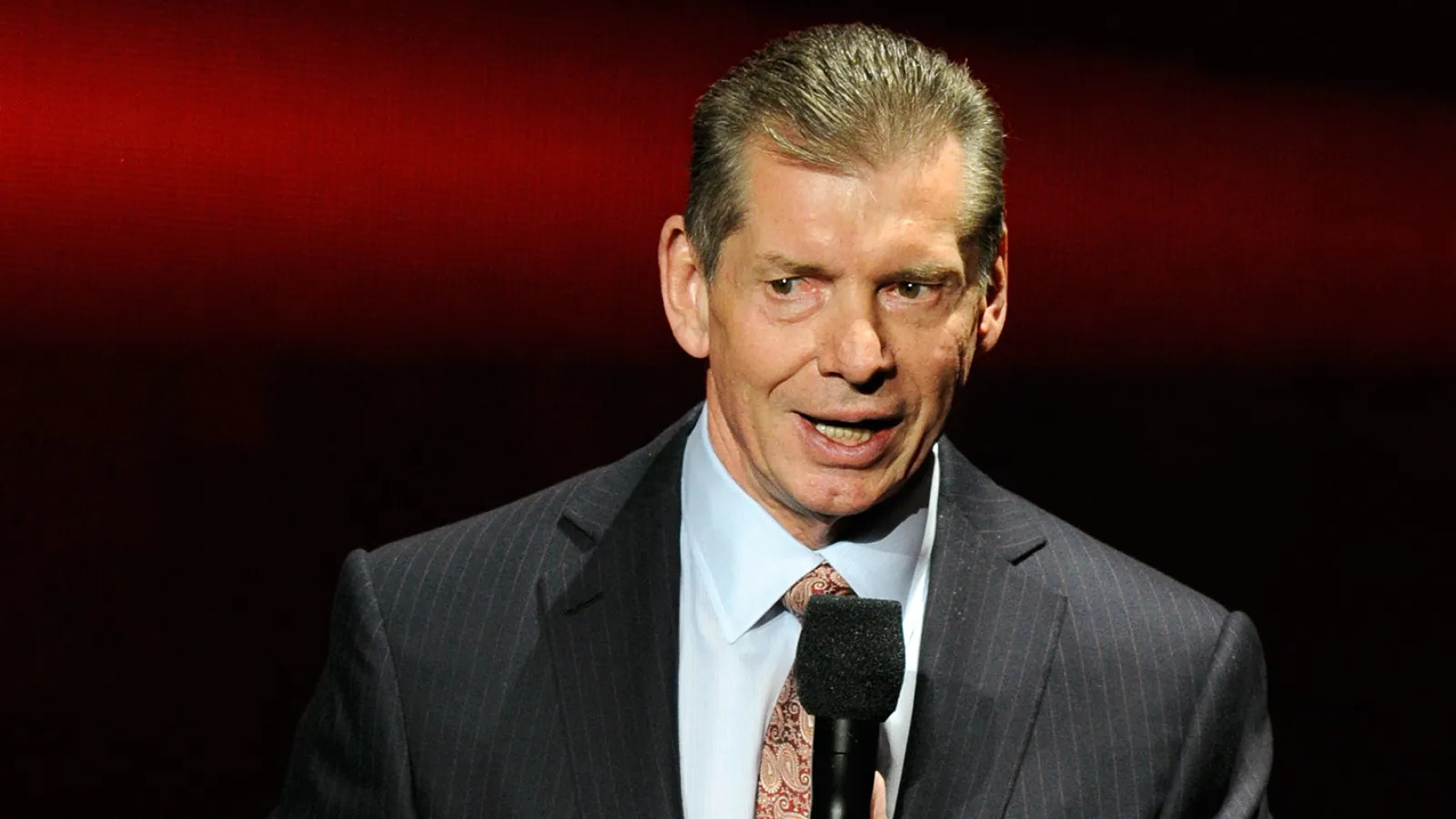
Who is Alberto Fujimori? Alberto Fujimori, a Peruvian politician, professor, and engineer, served as Peru's President from 1990 to 2000. Born on July 28, 1938, in Lima to Japanese immigrants, he rose from academia to politics, leading the country through significant economic reforms and controversial authoritarian measures. His presidency is marked by drastic austerity measures, a self-administered coup, and a fierce anti-insurgency campaign against the Shining Path. However, his tenure also saw severe human rights abuses and corruption scandals, particularly involving his close adviser, Vladimiro Montesinos. Fujimori's legacy remains polarizing, with both notable achievements and significant controversies.
Key Takeaways:
- Alberto Fujimori, a polarizing figure in Peruvian politics, implemented significant economic reforms but faced allegations of human rights abuses during his presidency.
- Fujimori's life was marked by dramatic events, including a self-administered coup, a Japanese embassy hostage crisis, and a controversial third term bid.
Early Life and Education
Alberto Fujimori's journey began in Peru, but his roots and education spanned continents. Let's explore his early years and academic background.
- Birth: Alberto Kenya Fujimori Inomoto was born on July 28, 1938, in Miraflores, a district of Lima, Peru.
- Parents: His parents, Naoichi Fujimori and Mutsue Inomoto, were Japanese immigrants who arrived in Peru in 1934.
- Education: Fujimori earned a degree in agronomic engineering from the National Agrarian University in Lima in 1961.
- Graduate Studies: He pursued further studies at the University of Wisconsin and the University of Strasbourg in France.
Early Career
Before diving into politics, Fujimori had a notable academic and professional career. His early work laid the foundation for his future political endeavors.
- Academic Career: After returning to Peru, Fujimori joined the faculty at his alma mater and eventually served as rector from 1984 to 1989.
- Television Show: In 1988-89, he hosted a television show called Concertando (“Getting Together”), which examined environmental and agrarian issues.
Political Career
Fujimori's entry into politics was marked by a surprising rise to power. His campaign and subsequent presidency were filled with dramatic events.
- Party Affiliation: Fujimori was the head of the new party Cambio 90 (“Change 90”) when he began his bid for the presidency in 1989.
- Populist Rhetoric: His campaign was notable for its populist rhetoric, including criticism of the economic shock tactics advocated by the conservative candidate, Mario Vargas Llosa.
- Election Victory: In June 1990, Fujimori defeated Vargas Llosa in a runoff election with 56.5 percent of the vote.
Presidency
Fujimori's presidency was a mix of economic reforms and controversial decisions. His tenure left a lasting impact on Peru.
- Austerity Measures: Less than two weeks after taking office, Fujimori instituted austerity measures known as Fujishock, which included raising the price of gasoline by 3,000 percent.
- Self-Coup: In April 1992, Fujimori staged an autogolpe (“self-administered coup”) with military support, declaring a state of emergency, dissolving Congress, and calling for a new constitution.
- Authoritarian Rule: Fujimori’s political allies subsequently won a majority of legislative seats, allowing the president to rule nearly unopposed.
- Neoliberal Policies: Fujimori’s government carried out neoliberal policies such as privatizing state-owned mines and utility companies.
- Anti-Insurgency Campaign: The government also prosecuted an anti-insurgency campaign on various fronts, including arming villagers and conducting secretive military trials of suspected terrorists.
Human Rights Abuses
Fujimori's administration faced numerous allegations of human rights abuses. These actions have tainted his legacy.
- Forced Sterilizations: Fujimori’s administration was linked to forced sterilizations, particularly targeting indigenous women.
- Violent Suppression: The government was also accused of violently suppressing the Shining Path insurgency, leading to numerous human rights abuses.
Vladimiro Montesinos
Vladimiro Montesinos played a crucial role in Fujimori's administration. His actions and influence were both significant and controversial.
- Close Adviser: Vladimiro Montesinos, the head of the security service SIN, was Fujimori’s closest adviser and played a significant role in his administration.
- Corruption and Abuse: Montesinos was accused of bribery, money laundering, arms trafficking, and numerous abuses of human rights.
Re-election and Controversies
Fujimori's bid for re-election and the controversies surrounding it marked a turbulent period in Peruvian politics.
- Second Term: Fujimori was re-elected in 1995 with 64 percent of the vote, despite his wife Susana Higuchi publicly denouncing him as corrupt and undemocratic.
- Third Term Bid: In 2000, Fujimori sought a controversial third term after dismissing high justices who had declared his candidacy unconstitutional.
Exile and Arrest
Facing mounting allegations, Fujimori fled Peru. His arrest and subsequent extradition marked a dramatic turn in his life.
- Fleeing Peru: Facing mounting allegations of corruption, crimes against humanity, and human rights abuses, Fujimori left Peru in late 2000 and eventually arrived in Japan.
- Arrest in Chile: In 2005, Fujimori was arrested in Chile at the behest of the Peruvian authorities and subsequently extradited to Peru.
Trials and Convictions
Fujimori's legal battles were extensive and resulted in significant convictions. These trials were a pivotal part of his post-presidency life.
- Human Rights Violations: Fujimori was tried and convicted on multiple charges, including human rights violations and embezzlement. He was sentenced to 25 years in prison.
- Release from Prison: In December 2023, Fujimori was released from prison following a controversial court order.
Legacy
Fujimori's legacy is complex and polarizing. His impact on Peruvian politics and society continues to be debated.
- Polarizing Figure: Fujimori remains a polarizing figure in Peruvian politics, with a legacy that includes both significant economic reforms and severe human rights abuses.
- Daughter’s Political Career: His daughter Keiko Fujimori has run for the presidency multiple times, continuing her father’s political legacy.
Personal Life
Fujimori's personal life has been as eventful as his political career. His family and health have been subjects of public interest.
- Marriages: Fujimori was married to Susana Higuchi from 1974 to 1995 and later married Satomi Kataoka in 2006.
- Children: He has four children, including Keiko and Kenji.
- Health Issues: Despite his health issues, Fujimori announced his candidacy for the 2026 Peruvian general election on July 14, 2024.
Cultural Impact
Fujimori's influence extends beyond politics. His life and presidency have been depicted in various media and literary works.
- Literary Works: Fujimori has been featured in literary works, such as Linda Davies’ novel Nest of Vipers, which involves the head of SIN, Vladimiro Montesinos.
- Documentaries: His presidency has been documented in various films and documentaries, including The Fall of Fujimori on PBS and State of Fear, a documentary based on the findings of the Peruvian Truth and Reconciliation Commission.
International Recognition
Despite his controversial tenure, Fujimori received international recognition during his presidency.
- Order of the Star of Romania: Fujimori was a recipient of the Order of the Star of Romania, a recognition he received during his presidency.
Economic Reforms
Fujimori's economic policies were transformative for Peru. His approach to economic challenges left a lasting impact.
- Neoliberal Policies: Fujimori’s government implemented neoliberal policies aimed at addressing hyperinflation and economic instability. These policies included privatizing state-owned enterprises and reducing government spending.
- Anti-Terrorism Campaign: Fujimori’s administration prosecuted an anti-insurgency campaign against the Shining Path (Sendero Luminoso) rebel movement, capturing its leader Abimael Guzmán Reynoso in 1992.
Hostage Crisis
One of the most dramatic events during Fujimori's presidency was the Japanese embassy hostage crisis.
- Japanese Embassy: In 1997, Fujimori’s government faced a hostage crisis at the Japanese embassy, which was resolved through a military operation.
Natural Disasters and Anti-Narcotics Efforts
Fujimori's administration also dealt with natural disasters and efforts to combat narcotics.
- El Niño Response: Fujimori’s government grappled with the problems posed by one of the worst El Niño events of the century, which had significant impacts on Peru’s agriculture and economy.
- Coca Production Reduction: Fujimori’s administration implemented policies aimed at reducing coca production, the raw material for cocaine, as part of its anti-narcotics efforts.
Conflict Resolution
Fujimori's efforts in resolving conflicts extended beyond Peru's borders.
- Ecuadorian Conflict Resolution: Fujimori settled a centuries-old dispute with Ecuador, making a permanent peace between the two countries.
Human Rights Abuses Allegations
The allegations of human rights abuses during Fujimori's administration have been a significant part of his legacy.
- Montesinos Scandal: The scandal involving Vladimiro Montesinos led to widespread allegations of human rights abuses and corruption within Fujimori’s government.
Post-Prison Life
Fujimori's life after prison continues to be of public interest, especially with his health and political aspirations.
- Health Issues: Despite his release, Fujimori’s health has been a concern, and he has announced his candidacy for the 2026 Peruvian general election.
Fujimori's Complex Legacy
Alberto Fujimori's time as President of Peru is a mixed bag of achievements and controversies. His economic reforms helped stabilize Peru's economy, but his authoritarian practices and human rights abuses cast a long shadow. The self-coup in 1992 and the influence of Vladimiro Montesinos highlighted the darker side of his rule. Despite these issues, Fujimori's efforts against the Shining Path insurgency and his neoliberal policies left a lasting impact.
His daughter Keiko Fujimori continues his political legacy, keeping his name relevant in Peruvian politics. Fujimori's story is a reminder that leadership can be both transformative and deeply flawed. His release from prison in 2023 and his announced candidacy for the 2026 election show that his influence isn't over yet. Fujimori remains a polarizing figure, embodying both progress and controversy in Peru's history.
Frequently Asked Questions
Was this page helpful?
Our commitment to delivering trustworthy and engaging content is at the heart of what we do. Each fact on our site is contributed by real users like you, bringing a wealth of diverse insights and information. To ensure the highest standards of accuracy and reliability, our dedicated editors meticulously review each submission. This process guarantees that the facts we share are not only fascinating but also credible. Trust in our commitment to quality and authenticity as you explore and learn with us.


